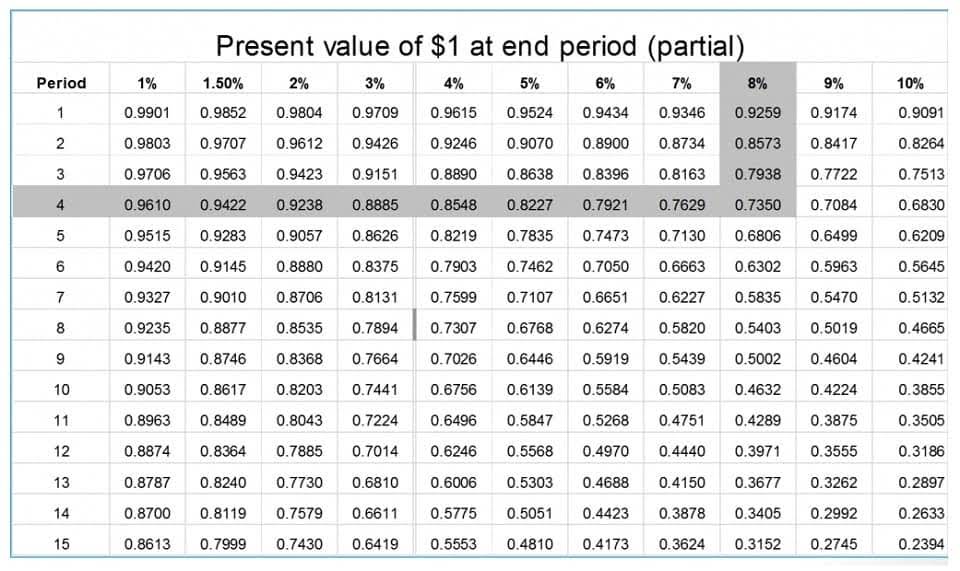
This law largely aligns with the federal Fair Labor Standards Act (FLSA), with some key differences. Under Michigan law, employers must have at least two employees for overtime regulations to apply, whereas the FLSA requires employers to have a gross income of $500,000, regardless of the number of employees. Michigan’s minimum wage is $10.33 per hour, resulting in an overtime rate of $15.495 per hour for minimum-wage earners. To be exempt from overtime under the FLSA, employees must earn at least $844 per week or $43,888 annually. This threshold applies to executive, administrative, and professional employees who meet specific duties tests.
How many ten-hour days can you work in a row in Michigan?
The overtime law in Michigan mandates that non-exempt employees receive 1.5 times their regular pay rate for all hours worked over 40 in a workweek. The definition of a workweek is a fixed and recurring period of seven consecutive 24-hour days as established by the employer. Exempt employees, including those in executive, administrative, and professional roles, as well as outside salespersons and certain agricultural and seasonal workers, are not eligible for overtime pay.
- These arrangements are not legally required but depend on individual employer practices.
- If you don’t believe that they are being honest with you, then call the state labor commission or talk with an attorney who handles employment law cases in your area.
- Employers must correctly classify their employees as exempt or nonexempt to comply with the FLSA and avoid potential penalties.
- Most hourly employees in Illinois are entitled to a special overtime pay rate for any hours worked over a total of 40 in a single work week (defined as any seven consecutive work days by the Fair Labor Standards Act).
- In order to determine if a job is exempt from overtime, the FLSA provides a series of tests to determine the overtime eligibility of an employee based on pay rate, working conditions, skill level, and other factors.
What does ‘hours worked’ include in Michigan?

The Biden-Harris administration announced a final rule Tuesday that raises the minimum salary threshold to qualify for time-and-a-half pay after 40 hours of work in a week. Unless exempt, you have a right to be paid the minimum wage and overtime for hours that you’ve already worked regardless of your immigration status. In general, “hours worked” includes all time an employee must be on duty, or at the place of work. Normally, time spent in training, traveling from site to site during the day, and doing repair work must be paid. To share the details of your overtime pay situation with a lawyer in your area, complete the Free Case Evaluation Form on this page. Someone will be in contact with you and determine the best way to proceed with your claim against your employer.

Our Services
Proponents say the new limit will mean lower-paid workers are fairly compensated for long hours, and business groups are expected to legally challenge it. Administrative or professional employees may receive pay trial balance on a salary or fee basis. The term “salary” is often used to refer to any type of pay received by employees who are subject to the EAP exemption.
- The FLSA does not require overtime pay for work on Saturdays, Sundays, holidays, or regular days of rest, unless overtime hours are worked on such days.
- In these states, employers must apply the applicable overtime rate to each hour beyond the regular workday.
- Employers are liable for all overtime wages due as well as administrative penalties of up to $1,100 per violation.
- Department of Labor to help employees and employers understand their rights and responsibilities under federal employment laws.
- An attorney who specializes in employment law will know which federal and state laws apply to your specific situation and will be able to determine if you have a claim against your employer.
- According to the FLSA, the workweek consists of 168 hours, which is 7 consecutive 24-hour time periods.
- While employers can’t directly force employees to work overtime, at-will employees can legally be fired for refusing.
If your employer owes you overtime pay, a Department of Labor office in Michigan will work with you to ensure you receive your fair wages for all hours worked. Therefore, Michigan’s overtime minimum wage is $15.50 per hour, one and a half wage earners are eligible for overtime after 40 hours per week worked. times the regular Michigan minimum wage of $10.33 per hour. If you earn more then the Michigan minimum wage rate, you are entitled to at least 1.5 times your regular hourly wage for all overtime worked. If your job is eligible for overtime protection under Ohio and Federal overtime law as described above, your employer is required by law to pay you an overtime premium for all qualifying overtime hours worked. If your employer owes you overtime pay, a Department of Labor office in Ohio will work with you to ensure you receive your fair wages for all hours worked.
Compliance Watch:What are my overtime rights in Michigan?

Employers cannot retaliate against employees who file complaints, regardless of the investigation outcome. As long as the complaint is made in good faith, employees are protected when speaking against illegal workplace practices and unfair treatment. Most workers affected are employed in professional and business services, health care and social services, and financial activities. “Is Extra Pay Required For Weekend Or Night Work?”Additional information about overtime pay.
- An employer who requires or permits an employee to work overtime is generally required to pay the employee premium pay for such overtime work.
- Overtime pay calculations can differ based on an employee’s pay structure, such as hourly, salaried, or commission-based.
- ” The 40 hour a week requirement not only ensures fair compensation for additional time and effort but also helps maintain a healthy work-life balance.
- With any questions regarding the proper classification of your employees for overtime purposes.
- It provides general information and is not intended and should not be construed as professional advice.
Knowing your rights—whether it’s under federal law or your state’s specific rules—is the best way to ensure you’re getting paid what you’re owed. So, take a moment to https://www.bookstime.com/articles/traditional-vs-virtual-bookkeeping double-check your classification, review your state’s laws, and don’t be afraid to ask questions. If you feel that you are owed overtime wages and your employer disagrees, speak with an employment attorney or file a complaint with the Department of Labor. 1 If an employee is not paid based on a single hourly rate, an employee’s regular hourly wage is determined by dividing the total remuneration by the total number of paid hours worked in that week.
Payroll
If you earn more then the North Carolina minimum wage rate, you are entitled to at least 1.5 times your regular hourly wage for all overtime worked. If your job is eligible for overtime protection under Illinois and Federal overtime law as described above, your employer is required by law to pay you an overtime premium for all qualifying overtime hours worked. If your employer owes you overtime pay, a Department of Labor office in Illinois will work with you to ensure you receive your fair wages for all hours worked. Therefore, Illinois’ overtime minimum wage is $21.00 per hour, one and a half times the regular Illinois minimum wage of $14.00 per hour. If you earn more then the Illinois minimum wage rate, you are entitled to at least 1.5 times your regular hourly wage for all overtime worked.